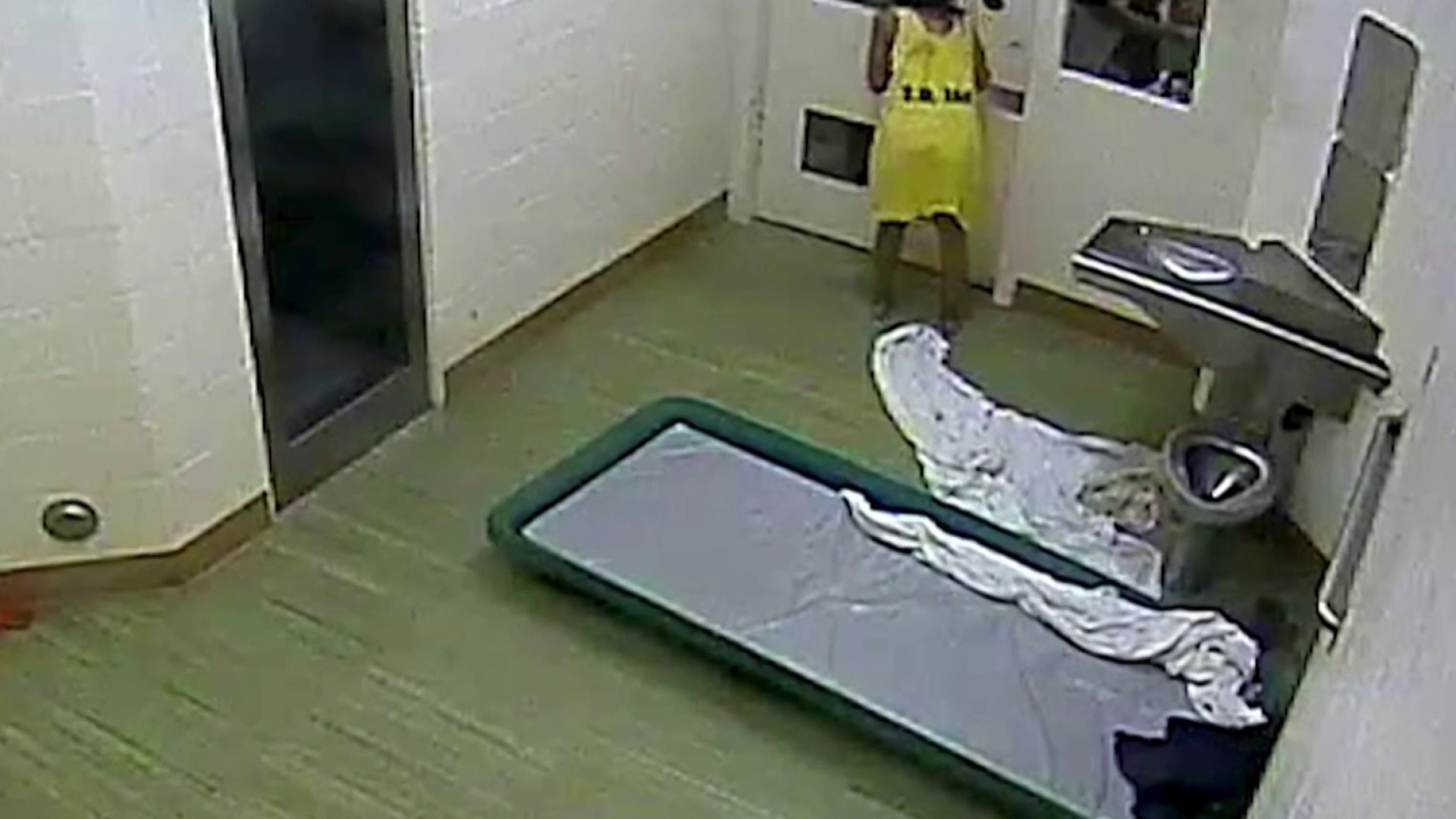The state's minimum wage is going up in July and again 18 months later.
But apparently, that's not enough to suit San Diego interim Mayor Todd Gloria
Gloria wants to get city voters involved.
In his State of the City speech Wednesday evening, Gloria said the time has come to address "growing income inequality" and keep full-time workers from living in poverty.
"San Diego must not be divided between the very wealthy and the very poor,” he told a capacity audience at downtown’s Balboa Theatre. “A great city must have a vibrant and growing middle class."
Gloria didn't specify a target number for a minimum wage hike proposal that he’d like the City Council to put on the November ballot.
But his math homework suggests an increase to upwards of $14 an hour.
Gloria cited $30,000 as the salary needed to "live self-sufficiently" in San Diego, which would translate to between $14 and $15 an hour -- a level now trending in political circles in the state of Washington.
"Lower-income workers are more likely to spend their additional wages on basics like food, housing and transportation,” Gloria said. “That's good for businesses. It's good for San Diego. And it's good for all of us."
California's minimum wage increases from $8 to $9 an hour July 1, and to $10 an hour Jan. 1, 2016 -- well above the federal $7.25-an-hour mandate that U.S. lawmakers are looking at hiking.
Those prospects are alarming to employers with significant minimum-wage workforces.
They say that might curb job growth and business expansion, if higher pricing structures discourage consumers.
“Expanding business has been really hard, a difficult decision because of the recession,” says Steve Gi, owner of downtown’s Rei Do Gado Brazilian Steak House. “People are afraid to invest money because expanding business at this time is really tough."
Special Section: Race for Mayor
Local
Local business leaders warn that with an increase in the city’s housing offset linkage fee and hikes in water in energy rates taking effect this year, a minimum wage boost may be a bridge too far.
“To think that's not going to somehow bundle into something that's detrimental to your ability to afford to do business in San Diego is just really not logical thinking," says Mark Cafferty, CEO of the San Diego Regional Economic Development Corp.
"People just aren't jumping to hire. So an increase in wages to the individuals they currently have may be fine for those individuals. But trying to get folks back to work or in full-time employment -- it's not going to do anything for that population."
But “that population” -- backed by progressive lawmakers and think-tank economic studies -- is pushing to roll the dice at the ballot box.
In December, dozens of San Diego fast-food restaurant workers took up picket signs outside the Wendy’s franchise on Broadway and chanted slogans such as: "Hold the burger, hold the fries, make our wages supersized! Hold the burger, hold the dough, poverty wages have got to go!"
Says Voice of San Diego columnist Scott Lewis: "This is just a classic left-versus-right political and economic argument where both sides are convinced they're right. And it's going to be a very heated campaign."
California is one of 13 states whose minimum wages are going up this year.
In Washington, which has the highest mandatory compensation in the country, voters in the city of SeaTac last year approved a bump to $15 an hour which took effect New Year’s Day.
Now, Seattle city councilmembers are taking a hard looking at that number.



